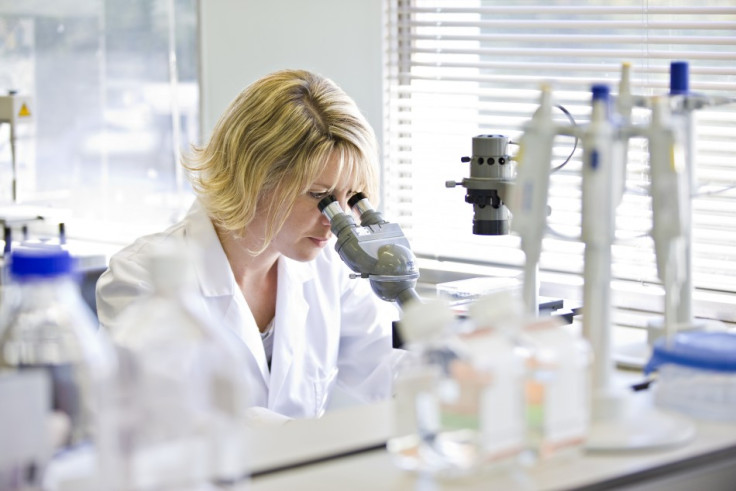Urine test for early detection of pancreatic cancer developed with 90% accuracy

Scientists have developed a simple urine test that will be able to detect pancreatic cancer much earlier than the current examination. The condition can be hard to diagnose because the tumour that grows on the organ often remains symptomless for a long period of time, making it difficult to catch in the early stages.
The only current cure for pancreatic cancer is to remove the tumour via surgery but because it is difficult to detect, by the time patients are diagnosed it has often spread around the body. Almost 9,000 people in the UK are diagnosed annually with the disease, which has lowest five-year survival rate out of any common cancer.
However, new research, which has been published in Clinical Cancer Research, states scientists have identified three proteins that people with pancreatic cancer have, which will allow doctors to detect it much earlier with 90% accuracy. The scientists examined 488 urine samples – 200 of which were from people with pancreatic cancer, 92 had chronic pancreatitis and 87 were healthy. The remaining 117 urine samples were from patients with other benign and malignant liver and gall bladder conditions.
This is an exciting finding and we hope to see this research taken forward into a much-needed early diagnostic test
They found three proteins called LYVE1, REG1A and TFF1 were much more common in the urine of those who have pancreatic cancer. The authors of the report described it as a "protein signature".
Lead researcher Dr Tatjana Crnogorac-Jurcevic said: "We've always been keen to develop a diagnostic test in urine as it has several advantages over using blood. It's an inert and far less complex fluid than blood and can be repeatedly and non-invasively tested. This is a biomarker panel with good specificity and sensitivity and we're hopeful that a simple, inexpensive test can be developed and be in clinical use within the next few years."
Co-author and director of Barts Cancer Institute, Professor Nick Lemoine, said it will be a massive boost to survival rates. He said: "With pancreatic cancer, patients are usually diagnosed when the cancer is already at a terminal stage, but if diagnosed at stage 2, the survival rate is 20%, and at stage 1, the survival rate for patients with very small tumours can increase up to 60%."
Maggie Blanks, the Pancreatic Cancer Research Fund's founder and CEO, said: "This is an exciting finding and we hope to see this research taken forward into a much-needed early diagnostic test. Early diagnosis is an important part of our overall efforts against this aggressive cancer, alongside developing new treatments to tackle the disease once diagnosis is made. It underlines the importance of increased research efforts to help improve survival rates."
© Copyright IBTimes 2024. All rights reserved.







